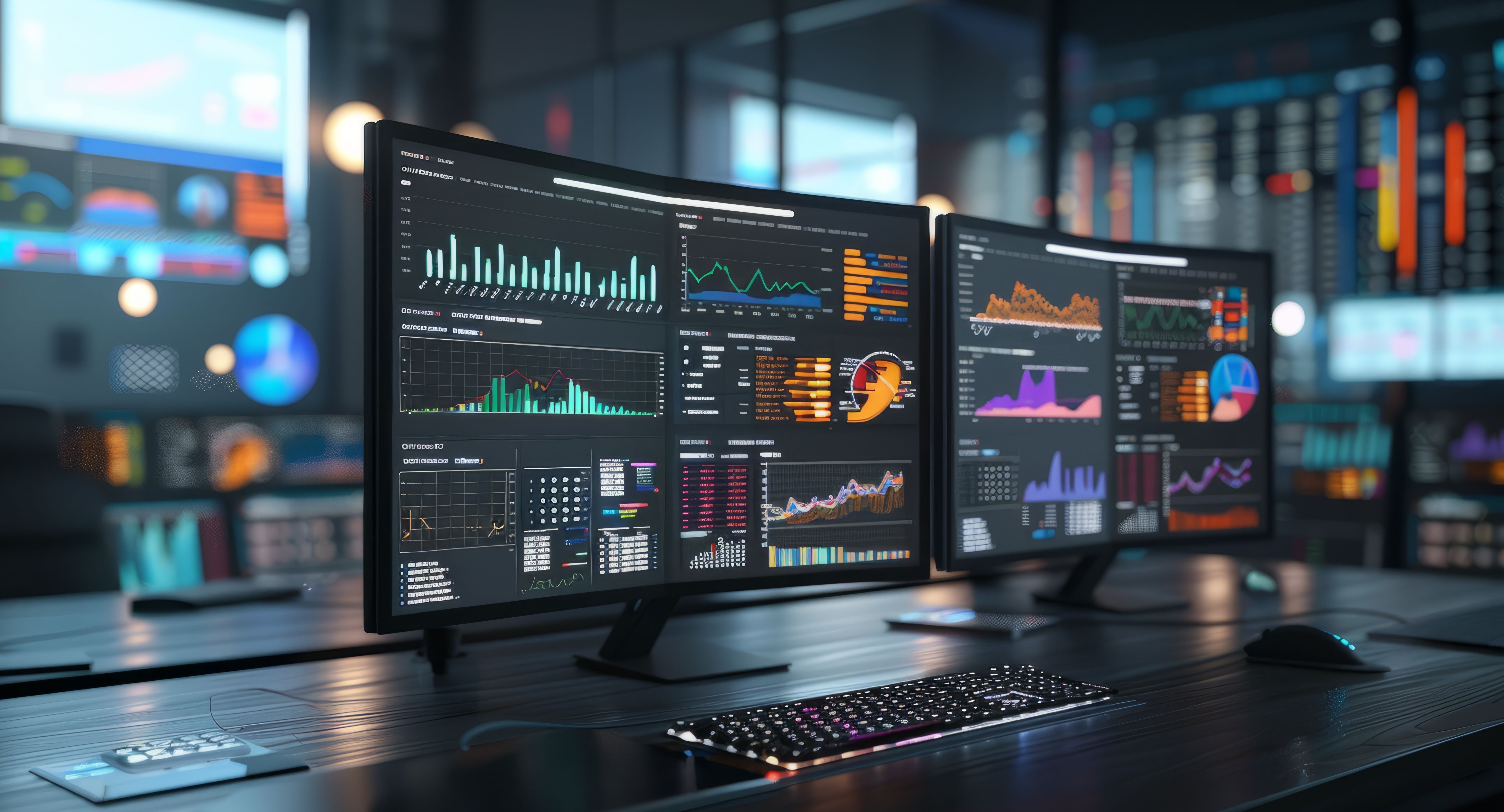Cross Platform Web-Based Remote Monitoring and Control Solution
KEY INFORMATION
Environment, Clean Air & Water - Sensor, Network, Monitoring & Quality Control Systems
TECHNOLOGY OVERVIEW
This software platform is a revolutionary remote monitoring and control system designed to address several critical challenges faced by various industries.
Problem Solved:
- Centralized Monitoring: Many customers struggle with the lack of a unified platform for real-time monitoring of devices, leading to reliance on manual interventions and multiple scattered tools. The software consolidates the management of IoT devices across diverse locations into a single interface, streamlining operations.
- Data Analysis Challenges: Businesses often find it difficult to extract meaningful insights from collected data due to time-consuming manual analysis. The software automates this process, enabling users to interpret trends and identify potential issues effortlessly.
- Data Visualization and Alerts: Users frequently lack intuitive interfaces for visualizing device data or receiving timely notifications. The software provides customizable dashboards and configurable alerts, allowing proactive management of potential problems.
Target Market: The software platform caters to a wide range of sectors including facility management (monitoring HVAC, lighting, energy consumption), industrial operations (predictive maintenance), agriculture (environmental monitoring), and smart cities (traffic flow and air quality).
Market Need: The technology addresses a significant gap in the marketplace by offering an integrated solution that enhances efficiency, reduces operational costs, and improves decision-making through advanced data visualization and automation. This software positions as a valuable asset for organizations seeking to optimize their monitoring processes and resource management.
The technology owner is seeking collaboration with system integrators, facility management teams, IoT companies, and startups.
TECHNOLOGY FEATURES & SPECIFICATIONS
The software platform boasts several key technical features that enhance its functionality and usability in remote monitoring and control applications.
- Cross-Platform Scalable Web Service: Built on Microsoft .NET 7, it operates seamlessly on Windows, Linux, and Raspberry Pi platforms. It has been successfully deployed in various environments, including Amazon Cloud and local servers, showcasing its flexibility and scalability for different applications.
- Logging and Message Relay: Efficiently manages IoT devices by collecting real-time data via HTTPS RESTful API. It performs real-time analysis and publishes results to users through secure WebSocket connections while relaying user commands to devices via MQTT.
- Customizable Data Analysis: Users can perform mathematical functions and time series calculations directly through a web interface, allowing tailored data analysis based on specific needs.
- Customizable Dashboards: Administrators can create user-specific dashboards that cater to individual or group requirements, enhancing user experience and operational efficiency.
- Email and Telegram Alerts: The software enables users to configure alerts based on various events, with customizable messages that can include specific device attributes and timestamps.
- External Interface Capability: The system integrates with higher-level software installations and Building Management Systems (BMS) via BACnet protocols, facilitating centralized monitoring across multiple sites and enabling comprehensive data analysis for optimization.
These features collectively position this software platform as a versatile solution for diverse industries, enhancing monitoring capabilities while simplifying user interaction with IoT systems.
POTENTIAL APPLICATIONS
The technology can be deployed across various industries, offering diverse applications that enhance monitoring and control capabilities.
Industries and Applications:
1. Facility Management:
- HVAC systems for optimal climate control.
- Lighting systems to improve energy efficiency.
- Energy consumption tracking to reduce costs.
- Fire safety and security systems for enhanced safety.
2. Industrial Operations: Manufacturers can utilize the software for:
- Machine monitoring and predictive maintenance to prevent downtime.
- Process control and optimization for improved productivity.
- Real-time data analysis to ensure quality control.
3. Agriculture: Farmers can apply the software for:
- Environmental monitoring (temperature, humidity, soil moisture).
- Irrigation control to optimize water usage.
- Livestock monitoring for better management.
4. Building Automation: With BACnet integration, the software facilitates:
- Centralized control of building systems (HVAC, lighting, security).
- Real-time visualization of energy inefficiencies.
- Automated alerts for equipment malfunctions.
5. Smart Manufacturing: The technology supports:
- Predictive maintenance of production machines.
- Process data analysis to enhance quality control.
6. Additional Potential Users:
- Data centers for critical infrastructure monitoring.
- Renewable energy management for solar panels and wind turbines.
- Smart cities for traffic flow and air quality monitoring.
Marketable Products
Based on this technology, products could include integrated monitoring solutions, customizable dashboards, and automated alert systems tailored for specific industry needs, enhancing operational efficiency and decision-making capabilities.
Unique Value Proposition
The software platform advances current remote monitoring and control systems with a UVP that addresses key limitations comprehensively. By combining ease of use with advanced features, it enhances operational efficiency across multiple industries and overcomes the shortcomings of existing solutions—such as fragmentation, limited flexibility, and high complexity—positioning itself as an effective, scalable choice. It improves upon current technologies:
- Unified Platform: Unlike existing solutions that require managing disparate systems for data acquisition, analysis, and alerting, the software provides a centralized platform, simplifying workflows and enhancing efficiency.
- Flexibility: The software supports various industrial communication protocols, allowing seamless integration with a wide range of devices and systems. This adaptability makes it suitable for diverse applications, from building automation to industrial monitoring.
- Scalability: The technology is designed to operate across different platforms, including Windows, Linux, and Raspberry Pi. This versatility enables deployments from small setups to extensive building automation systems without compromising performance.
- Customization: Users can create tailored dashboards and configure alerts based on specific requirements. This level of customization empowers users to proactively address issues and enhances overall operational efficiency.
- Ease of Use: With a user-friendly interface, the software is accessible to users with varying technical expertise, contrasting sharply with complex enterprise-grade IoT platforms that often require specialized knowledge.

